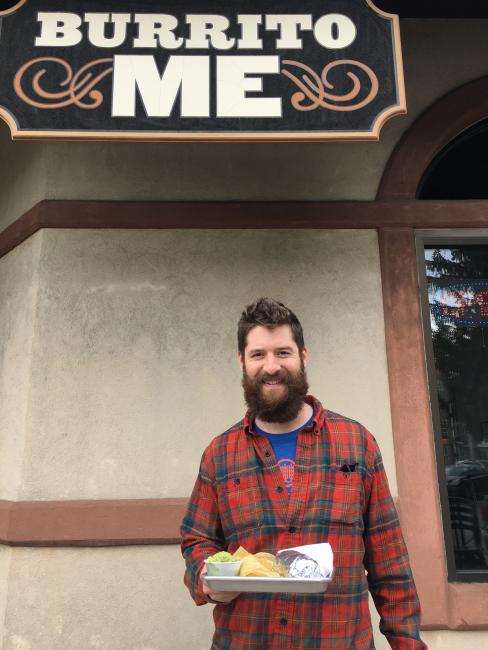Alfred “Butch” Burbank, town manager in Lincoln, says the Covid-19 pandemic hasn’t hurt the local economy.
There has been strong tourist trade in the 1,600-person White Mountains town, home of Loon Mountain Resort and not far from Cannon Mountain, Waterville Valley Resort and other attractions. Lincoln has approved plans for four new hotels and building permits for 20 new houses.
The only potential bump in the road, as Burbank sees it, is a shortage of workers to wait tables, tend bar and clean rooms. He wonders whether federal supplemental unemployment benefits dissuade people from joining the workforce.
“I have a nephew who just this weekend was at my house eating and he was quite out front,” Burbank said. “He’s 20 years old and he said, ‘There’s no reason to struggle to get back to work because I’m making more money on unemployment.’” The Covid-19 relief bill recently signed into law by President Biden, extends a $300 weekly jobless aid supplement through Sept. 6. That is in addition to New Hampshire state unemployment, which can be as high as $427 per
week. Add in allowable part-time work, and some people on unemployment
could take in as much as $800 per week before taxes. A person earning
the current minimum wage would make $290 a week before taxes.
Meanwhile,
demand for employees is high. Ahead of the busy summer season, the
state unemployment rate stands at 3.6%, up just one percentage point
compared to a year ago and well below the current 6.2% national figure.

Reuben
Bassett, outside his Burrito Me restaurant in downtown Laconia, feels
efforts like increasing the hourly minimum wage to $15 could reduce
employment opportunities. (Photo by Rick Green)
At the Burrito Me restaurant in Laconia, owner Reuben Bassett made layoffs early in the pandemic.
“Nobody
knew what was going on,” he said. “We said, ‘Listen, if you’re not
comfortable, we understand that.’ We laid them off so they could claim
unemployment and then we gave them a deadline to come back.”
Two employees chose not to come back, citing conditions like asthma, that make them high-risk for Covid-19, Bassett said.
“So they’ve been getting paid unemployment this whole time,” he said.
While
some in the business community talk about unemployment compensation
acting as a disincentive for full-time work, Richard Lavers, deputy
commissioner of New Hampshire Employment Security, said this was more of
a factor early in the pandemic.
“This
was a major concern that we heard a lot of initially, when the federal
enhancement was $600,” he said. “Add that to the weekly benefit amount
and in many cases they were receiving more money while collecting
unemployment than they were when they were working. Now at $300, that’s
less of a concern.”
Lavers said the benefits of having a job exceed the benefits of being on unemployment.
“I
assume other people make decisions the way I do. If they are able to
return to work, somebody is going to do that as soon as they can,” he
said. “We know the longer someone remains out of the workforce, the
greater the negative impact on long-term earning potential and career
opportunities. As soon as someone can return to work, I like to think
they do return because of the associated benefits.”
Lavers
said the number of people filing new unemployment claims has decreased,
as has the number of continuing claims. In January, 735,790 people were
employed in the state. That was an increase of 1,620 from the previous
month, but down 17,870 from a year ago.
— RICK GREEN/GRANITE STATE NEWS COLLABORATIVE